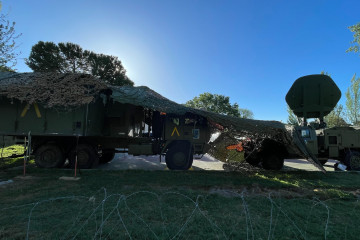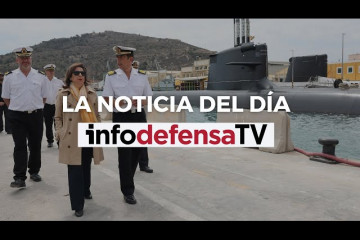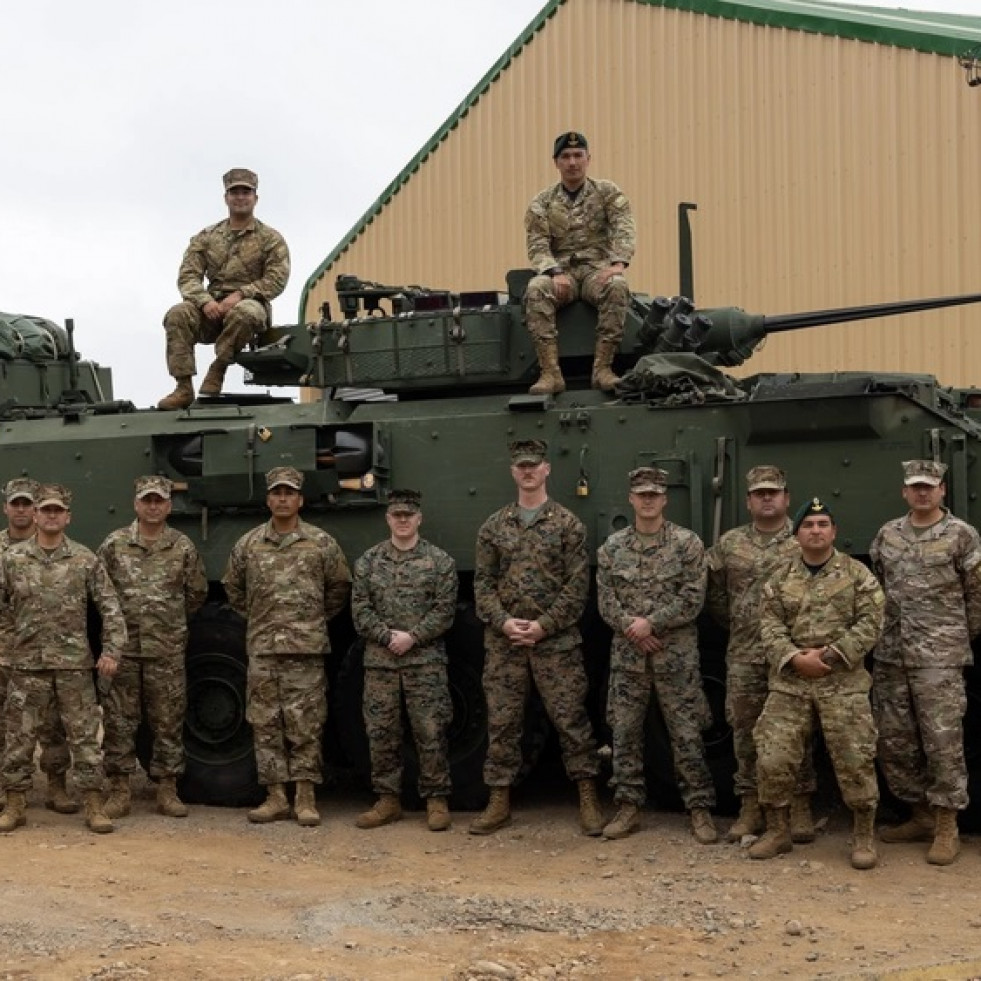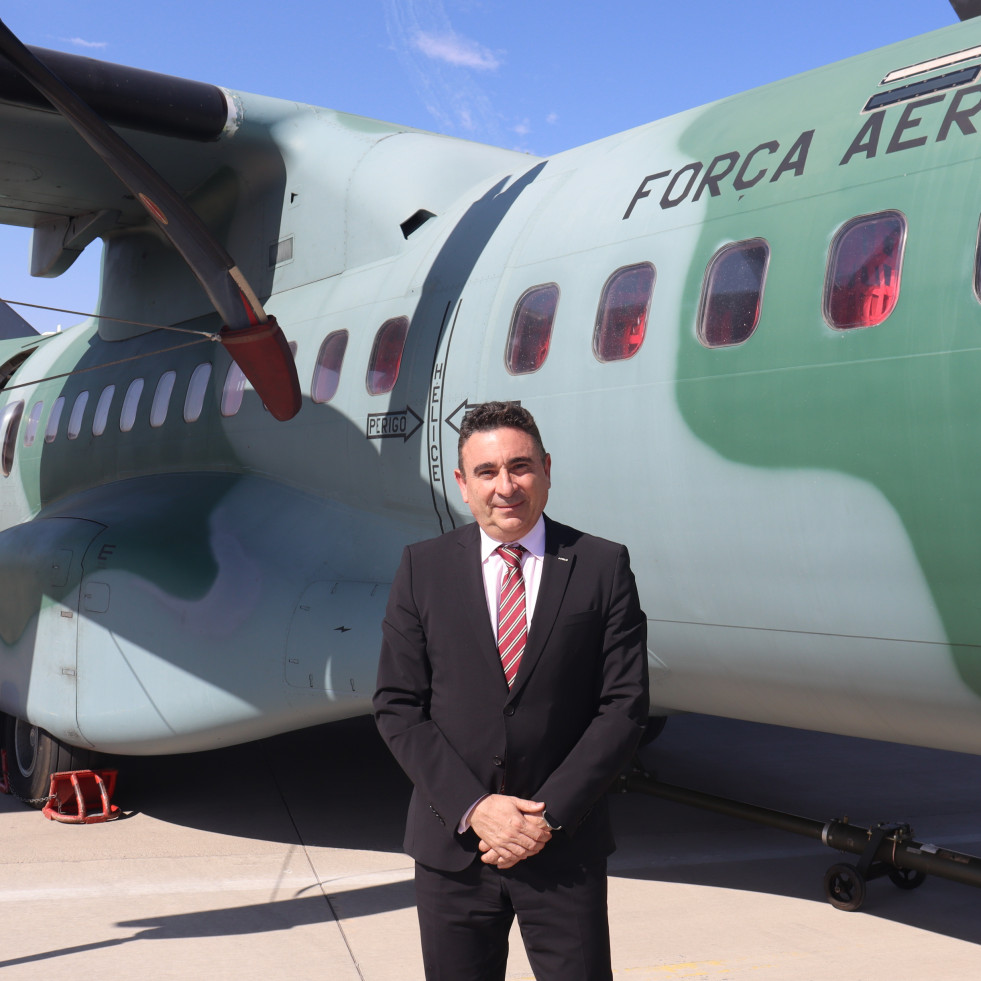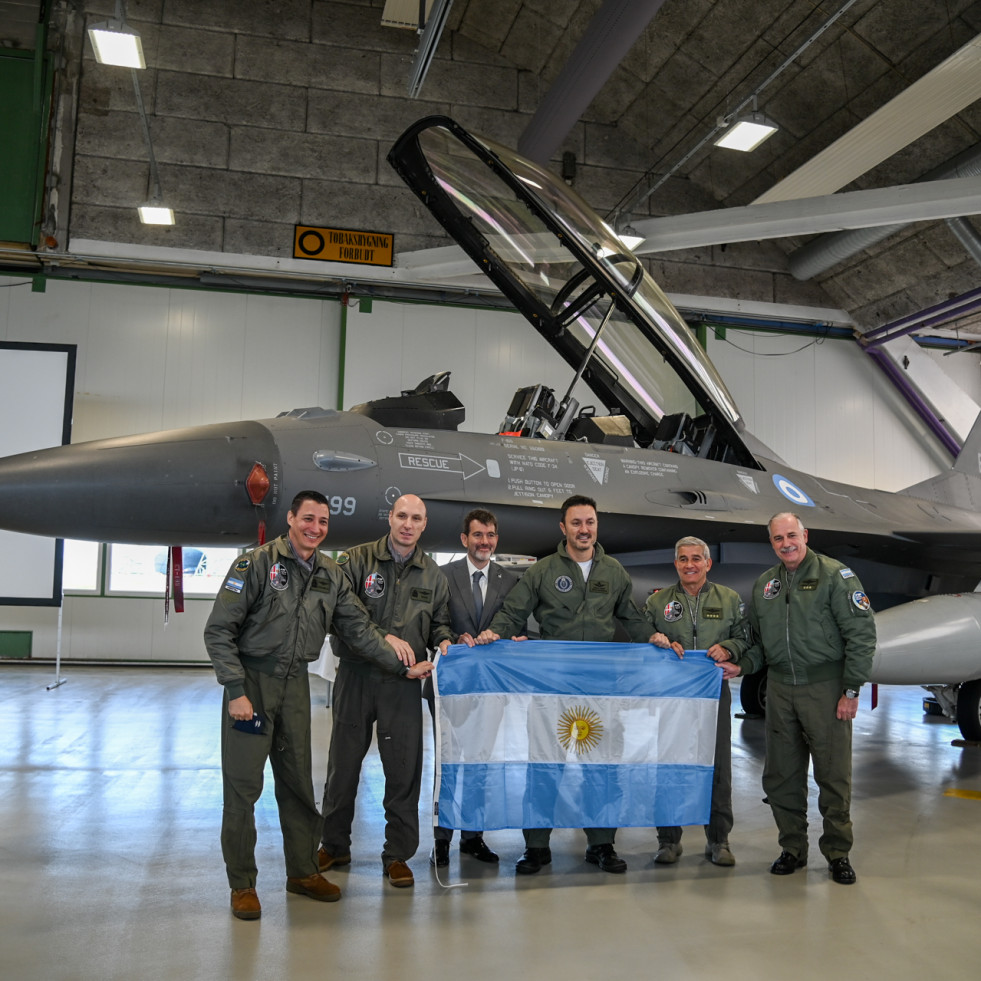Díaz del Río Marcom: "Operational requirements must boost the development of UAS"
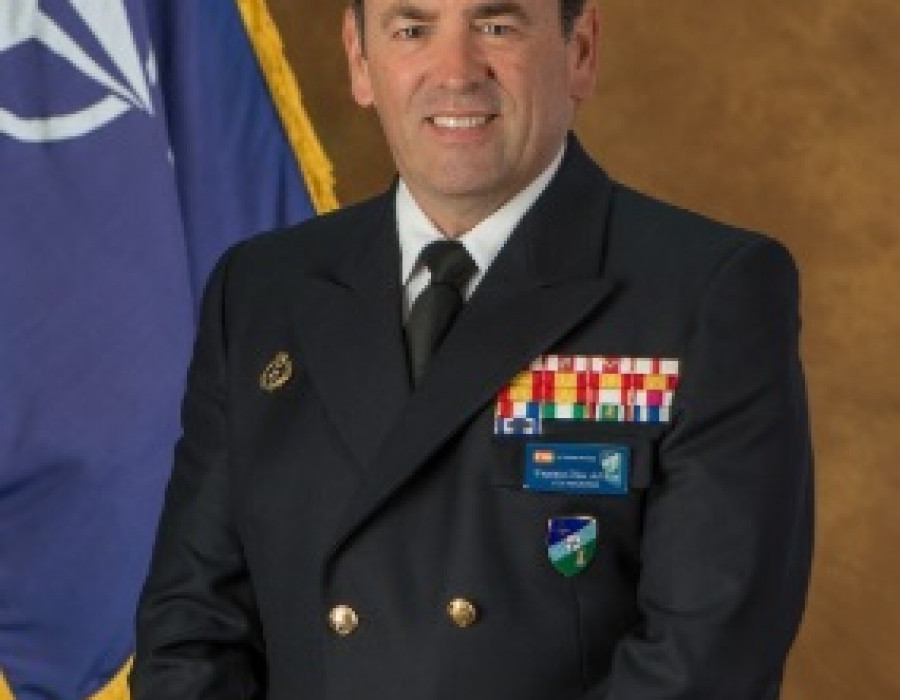
UNVEX Security & Defense, the Unmanned Aircraft Systems (UAS) exhibit that will be held in the northwestern Spanish city of León next week, will see the participation of the Chief of Staff of NATO’s Allied Maritime Command (MARCOM), Rear Adm. Eugenio Díaz del Río.
In an interview with Infodefensa.com, Del Río said that it was “time for the development of UAS to be boosted by operational requirements, to change the drive from the industry to the requirements.”
The rear admiral will take part on Tuesday, May 29, in an Unvex S&D roundtable dedicated to Doctrine and Usage of Remotely-Piloted Systems.
In what way does the relation between industry and Defense benefit the access to international development programs?
I believe most of the developments in unmanned vehicles have been driven by the industry. We could say there’s been a technological push and the military sector has been adapting what it finds on the market to its needs. I think it’s time for that development to be driven by operational requirements, and to change the drive from the industry to the requirements. In this context, it is up to the (Spanish) Ministry of Defense’s Armament and Material Office (DGAM) to play a very important role by coordinating the requirements of future users with the services of every military branch, ensuring that there is a controlled transition from manned to unmanned systems; that they be interoperable so that they can be integrated into other systems, and all of this based on adequate operational testing. In sum, we need to invest, to pressure with requirements, to experiment and to develop doctrines. And to this end, the relation between industry and the DGAM is essential.
What steps should NATO take towards a new Defense policy?
We shouldn’t forget that at NATO, we’ve got the best and most advanced navies in the world. Some of them are already using all sorts of unmanned platforms. NATO’s biggest advantage is that “together we are stronger.”
NATO can develop requirements, concepts and doctrines, as well as operational experimentation and tests or authentification. This will be incredibly useful for each nation on its own, since they’ll eventually be responsible for their own procurement.
Do you predict a significant short-term increase in UAS use?
I can see a future with multiple kinds of unmanned systems used jointly with manned platforms to collect, process, exploit and disseminate data. The concepts of interoperability, integration and information exchange are vital for the use of these systems, and NATO cannot just be a facilitator, but also a catalyst for this.
And in the use of submarine systems?
Aside from UAS, in the past 20 years there has been an increase in submarine activity, in part due to the impulse provided by the oil, gas and oceanographic communities, which has led to technological advances and the emergence of commercial submarine vehicles that are relatively affordable. Meanwhile, the military community has not looked the other way. A strong cooperation between the military and industry has been implemented with regard to the most relevant areas, such as ISR and mine warfare. As to anti-submarine warfare, developments have been less visible since it’s a more complex scenario. It bears mentioning that the Spanish Navy has been testing some Unmanned Underwater Systems (UUS) in the past few years within the Minex exercise in Palma de Mallorca while coordinating with NATO’s Center for Marine Research and Experimentation (CMRE).


